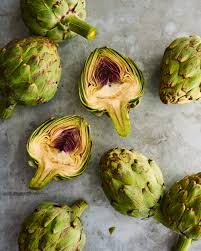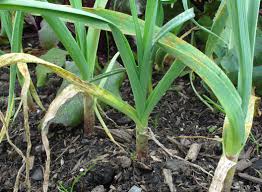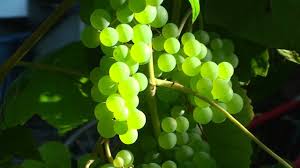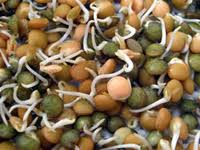The khursháfis definitely a very weird vegetable. I'm talking about the artichoke, even though it sounds like a psychometric puzzle.
Both names, the artichoke and the khursháf actually originate from the same Arabic source khurshūfa, and was a known food around here as early as the Mishnah days. Makes sense overall, since the vegetable originated in the western part of the Mediterranean, and arrived to the United States only in the 17thcentury (more specifically, to California. They were so excited about it that they still grow 80% of all US consumption).
The artichoke is well known to any ethnic cooking enthusiast who is familiar with Israeli cuisine, and Italian cuisine, and certainly the Greek as well, and probably other ethnic cuisines from around the Mediterranean too (the Greeks are definitely familiar with artichokes since they have a myth about it and Zeus, but later on).
Why is it strange in my eyes? First of all because of it’s survival strategy. In the beginning of time, all the plants sat together and chose a method to survive and to increase their chances of passing their seeds on to the next generation. Some decided that “we will be so tasty that the animals will eat us and spread our seeds elsewhere, along with some biological secretions (in the form of poop, of course) as compost.”
Others said “We'll be so bitter or thorny that no one will want to eat us.” Others took no chances and agreed to be poisonous, just to be prepared for the worst case scenario. There were a few others who decided to grow really tall, or develop a shell that requires a screwdriver, a hammer, and a lot of willpower to reach the flesh (I can’t find right now the picture of me cracking a coconut, but that's exactly what you see there.
The floor tiles are intact.) But only the artichoke said –“I'll require so much effort to get to my edible part, that they'll just decide not to bother.” Of course, that does not deter artichoke lovers, who can be found sitting leisurely in front of a pot of beautifully steamed artichokes, peeling leaf after leaf, pleasantly nibbling the bases on their way toward the heart.
Artichoke also demonstrates to me the fact that if a fruit or vegetables exists–someone somewhere will use it to make an alcoholic beverage.Granted, the lemon is used to make Limoncello, but who thought to take an artichoke and make an alcoholic drink from it? Well, the answer, of course, is the Italians, who have figured out the artichokes and use them to prepare award winning dishes in their kitchen.
Anyone who has never tasted a properly prepared Artichoke art-a-la-Romana has not tasted an amazing and simple Italian cuisine that makes you feel like the Tuscan sun is shining inside your stomach. They prepare a kind of liqueur called Cynar – I'd love to hear how it is, if anyone has experienced it.
The Greeks and Romans believed that eating artichokes will assist in producing male babies. Although the end of this fairy tale is quite bleak, I’ll tell you about it.The legend tells of the god Zeus who met a beautiful girl on the beach on one of his descents from Olympus to meet his brother, the god of the sea, Poseidon. He liked her so much that he offered her half the kingdom, or at least to go back with him to the top of Olympus and spend the rest of eternity with him.
The girl agreed, and the story could have been romantic and charming, had she not felt unbearable longing and went down to the people to give a hug to her mom and dad (we can sympathize, now during these corona days). In short, Zeus chose to express his frustration in the form of an artichoke. That is, the girl was turned into an artichoke – a spiky and not very prettyflower. Maybe the Ancient Greeks were so frustrated by the amount of effort it required, that made up a story with such an angry message.
In terms of its content, the artichoke is a welcome guest in every cuisine and diet: It is full of nutritional fiber, minerals (potassium, calcium, magnesium) – and actually low in sodium and therefore recommended for people with high blood pressure, it improves the digestive activity, aids in lowering and balancing of cholesterol and blood sugar and reduces chronic pain (such as those arising from arthritis).
Leisurely peel and enjoy.
Take care and stay healthy!
Yours,
Maggie's Garden Team
Forecast:
In the ORGANIC vegetable baskets we expect (draft only):
Cucumber
Tomato
Lettuce
Potato
Fennel
Beet
Celery
Swiss chard
Parsley
The Large organic vegetable baskets also include:
Pumpkin
Coriander
Spinach
In the ORGANIC fruit baskets:
Orange
Bannana
Mellon
The large ORGANIC fruit baskets also include:
Grape fruit
Papaya
The ORGANIC Green Basket:
Dill
A kind of lettuce
Celery
Sprouts
Swiss Chard
Kale
Green onion












